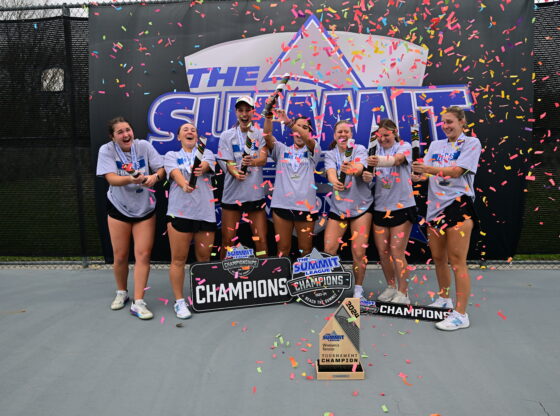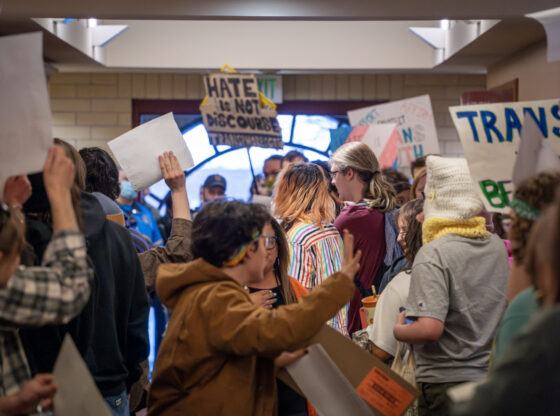The class of 2024 knows it is missing out on something, but it will never know exactly what.
The pale glare of screens seemed to take up permanent residence on first-year faces during an orientation week defined by Zoom. O-week was an inevitably underwhelming period of limited interaction for new freshmen; the opportunity for socialization was certainly available, but it was harder to find.
It is easier to describe orientation week by what it lacked than what it contained.
The first notable difference from past years was O-week’s length. Rather than four or five days of introductory information and social activities, the orientation process was condensed to a brief three days—two if the optional scavenger hunt/tour on Saturday is omitted.
While the format saved students another two days of Zoom panels and online training, it left the few days of orientation as a dronish daze.
The FSEM’s role during O-week changed drastically under new pandemic protocols. There was no destination trip for first-year students to acclimate them to a new, complex city. Where the FSEM group had once imposed social connection and interaction, now it consisted of little more than introductory information and distanced, silent oscillation between the projector and phone screen. Most students kept to themselves in the white pallor of lecture halls.
Of course, many eager students were excited to meet their peers and did so of their own volition. But it was no longer part of the process and—for better or worse—forced.
Much of the difficulty in finding interaction as a first year comes from DU’s strict but necessary regulatory policies that work to counteract the spread of COVID-19. The university seems to believe that a semi-virtual college experience is better than none at all, and many students agree. But for freshmen who had graduations full of compromise and spent the summer in a socially-starved quarantine, being the product of “the best we can do under the circumstances” mentality is anything but ideal.
DU has tried with mixed success to simulate some of the activities that normally populate the days of O-week. “Discoveries After Dark” boasted a wide array of both online and hybrid activities including comedians, movie nights and scavenger hunts. The central caveat to these activities was the semi-confusing interface and late launch of the CrimsonConnect application. Many of the events showed how hard it is to replace face-to-face connections with fellow students.
The same mixed success could be seen with the Involvement Fair; the online equivalent was doomed to fall short of the real thing. A wild rush of students mulling from booth to booth, freely dolling out signatures and collecting DU memorabilia was replaced with a Zoom-centered format that seemed to eliminate the partially-interested in favor of those who set out to get involved.
Again, whether this is for better or for worse is difficult to determine. What is clear is that the process no longer brings that chaotic exuberance that often accompanies first-year nerves, windward throws of caution and exciting risk. It was there for those who sought it, but the process did not demand it.
The unfortunate fact that saddens many first years the most is that there will be no second chance or going back. The risks and reasons for these protocols are known and acknowledged. It is understood that things will have to be different and sacrifices made. But the frustration of having experiences thrown astray by events beyond control is one that the class of 2024 is all too familiar—and fed up—with.











